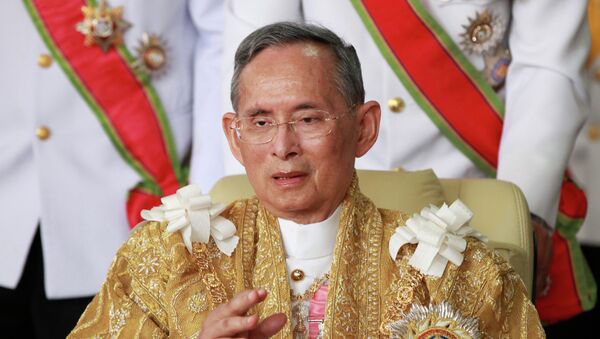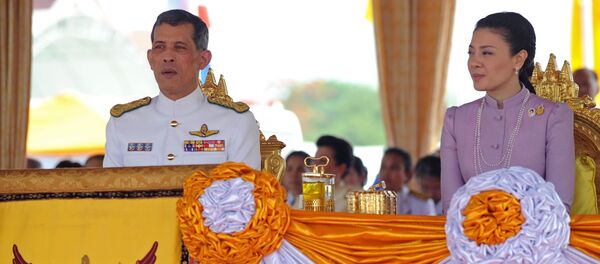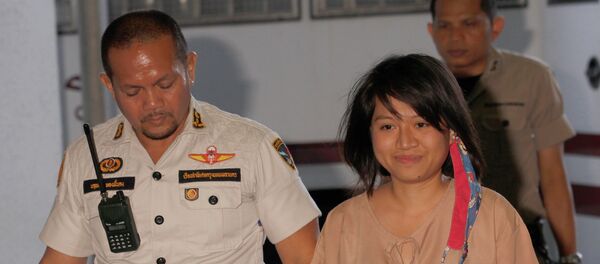The law, introduced shortly before the army seized power in May 2014, banned public gatherings and put heavy restrictions on the media.
A military coup in Thailand took place on May 22, two days after Gen. Prayuth Chan-ocha, the current prime minister, introduced martial law in the country. In the days that followed the coup, military authorities announced they were targeting national reconciliation and new elections.
Instead of the martial law, the ruling National Council for Peace and Order (NCPO), which consists mainly of high-ranking military and police officers, is going to introduce a special order on security measures in accordance with Article 44 of the interim Constitution of Thailand. This article gives the head of NCPO, Gen. Chan-ocha, broad authorities and supremacy in all three branches of power: legislative, executive and judicial.





